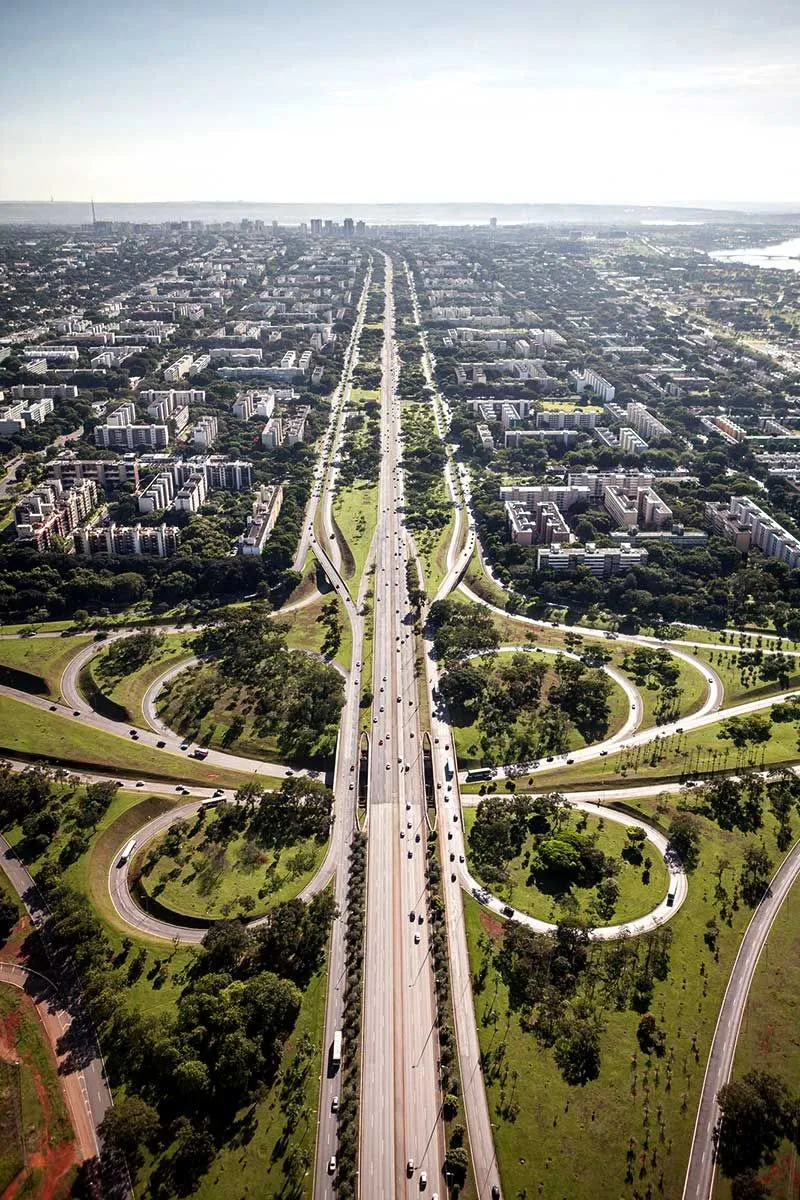It’s not just big data and smart phones
As the 21st century progresses, the world’s urban population grows and cities face greater challenges. Ensuring access to essential goods and services will involve challenges of greater magnitude and complexity. The increasing penetration of digital technologies is already implying changes in the way we experience urban space. The Internet of Things is creating a layer of information associated with spaces and buildings, and messaging platforms have been transformed into business and remote work ecosystems.
The concept of Smart Cities has become increasingly relevant, since it points to the way in which cities will be able to use these technologies, to understand and influence their own dynamics and their fabric. However, just as having a state-of-the-art telephone does not increase the intelligence — not to mention the wisdom — of the owner, the penetration of new technologies and the handling of large volumes of information, by themselves, do not guarantee the success of cities in facing the problems that afflict them. Rather, it is about understanding how these technologies, along with others, can enhance the capacity of cities towards a better design and quality of life for people.
Intelligence encompasses abilities to understand, understand and solve problems. Various types of intelligence are recognized in the human sphere, such as verbal, numerical, musical, and emotional. In an analogous way, I will now show five key intelligences that a smart city must have in the 21st century.
The Five Intelligences
1. Intelligence of Time

Although time is infinite, it is paradoxically the scarcest resource. A smart city cannot waste time, nor can make citizens waste it in traffic jams and absurd procedures. An intelligent use of time can use soft technologies, such as diversified schedules that reduce the concurrent use of services, infrastructure technologies, such as the deconcentration of productive activities, to reduce the movement of the population, and digital technologies, such as the use of information banks in the cloud for the preparation of remote administrative work.
A smart city has digital banks of videos, readings and open access tests, so that students can access them at their own pace, and reserve valuable time for face-to-face activities for reflection and discussion, or for laboratory and workshop work in the cases in which it is required.
In the end, the intelligent use of time is a work of stratification of the activities, trying to distinguish those that deserve more dedication, face-to-face presence and a specific schedule, from those that can be done remotely at any time.
2. Space Intelligence

We tend to think of space as a great abstract and uniform mesh, but urban space is completely different. It is an irregular space, full of knots, shortcuts, eddies and folds. Two neighboring places may have no functional relationship, while two closely related activities are located in distant places.
A smart city makes smart use of space over time. An avenue can be a concert hall, a park can be converted into a library, and a classroom can be transformed into a gym for yoga or taichi.
The demand for multifunctional spaces is likely to grow in the near future, as lifestyles change and households become consolidated as places of work and recreation, institutions become less concentrated and companies migrate to the digital economy.
3. Intelligence of Matter

The 20th century was the century of waste. Massive access to economic raw materials made possible an industrialized economic development model based on mass consumption. That was not a smart model. It generated growing inequality and poverty in countries that currently have higher population growth and urbanization.
A smart city makes smart use of matter. As the population concentrates, cities may generate productive spaces at the local level. A smart city makes its own toys, its own paper, and its own dresses, minimizing transportation and storage costs.
We are witnessing a resurgence of crafts and manual labor. This involves intelligent handling of matter, at all times in the life cycle of artifacts: intelligent extraction of raw materials, local processing that minimizes waste, increasing use of renewable materials, of the artifact maintenance industry, and intelligent design for reuse and recycling.
4. Energy Intelligence

The 21st century could be that of smart energy. Not only in terms of using alternative energies, but above all knowing how, where and when to use which energy to meet each need. There would be little point in using energy generated from solar panels in tropical cities if buildings remain heat accumulators.
A smart city not only generates its own energy, but invests it in those vital infrastructures to guarantee life to its population.
But it must also be taken into account that energy is not limited to fuels and electricity. The most important energy is that of human work. As the development of artificial intelligence and automation progresses, new ways of working will appear, while others will become obsolete. The cities of the 21st century will have to make decisions about how to organize human work, to generate the greatest well-being for the population. A smart city uses the energy of its citizens intelligently.
5. Information Intelligence

Having access to information does not imply greater intelligence. Sometimes we are even saturated with data sources that, instead of enhancing our capabilities, rather stun and paralyze us.
Information can be collected from our cell phones, from our geolocation or from databases of our purchases, but it can also come from Artificial Intelligence models such as fuzzy conceptual networks, from expert panel discussions or from field research. Every data source is useful, if you choose and study wisely.
But also a smart city asks why use information. The challenges of access to fundamental services, reduction of inequality and poverty, elimination of discrimination based on gender, racial, religious or social reasons are still present, and the cities of the 21st century will have to have not only intelligence but wisdom to be able to use the wealth of information available for the well-being of all.
The development of information technologies will impact on the future of our cities. However, we run the risk of being bewitched by the seduction of dazzling gadgets and words like big data, artificial intelligence, and artificial neural networks, believing that just by having access to information we will be smarter or better societies.
Discussing and putting these innovations in their proper place, while calling attention to the problems that we must face and understand them in the great general picture of urban development is a matter of the first importance for our present and future.
